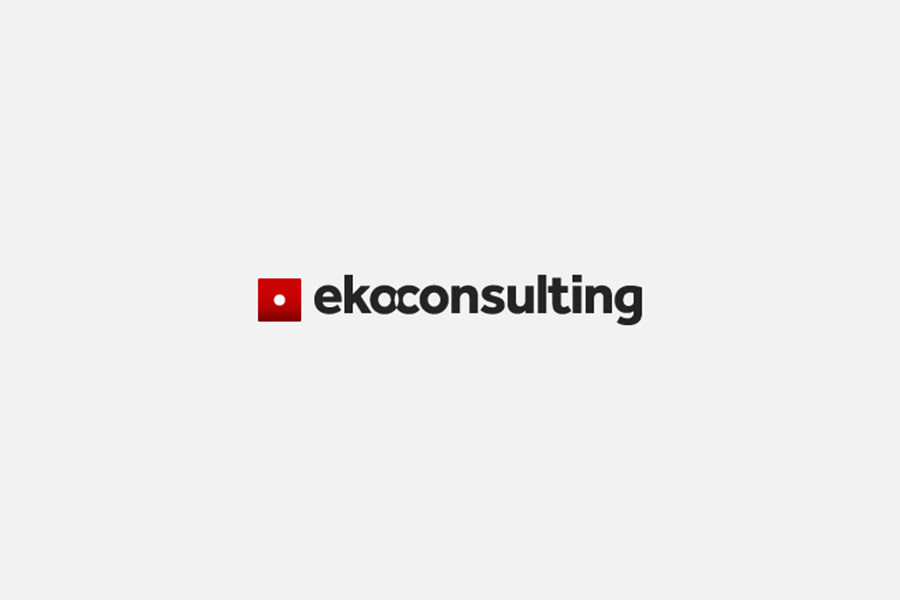
Alvin Toffler was an American Futurist who wrote the best selling book - Future Shock, The Third Wave and Powershift. He was well respected for his work discussing how advances in communicative technologies would impart upon cultures worldwide. However it’s to one of his lesser known quotes that I am basing the key issues I am raising in this blog.
He said ‘ the illiterate of the 21st century will not be those who cannot read or write, but those who cannot learn, unlearn and relearn.’
The aim of this blog is to highlight how the notion of ‘ illiteracy’ can be applied to organisational leadership and if so what that might mean for the required learning, unlearning and relearning. I will start by attempting to proffer a working definition of ‘ leadership literacy’ - which to my mind refers to ‘competency or knowledge in specified areas.’ By that definition the organisational leaders would be expected to have a range of compentences and specialist knowledge required to drive and achieve the strategic objectives of their organisation.
However one doesn’t have to look to far to identity the myriad challenges facing organisations in the our digitalised, social media dominated, volatile and uncertain world. Indeed it can be argued that there has been an inexorable decrease in the degree of ‘leadership literacy’ as we face wickedly complex socio-economic and political challenges over the next period. So if leaders are increasingly less competent and knowledgeable about dealing with these challenges then perhaps using the Tofflerian concepts of learning, unlearning and relearning might be a helpful model for framing the new competency/knowledge acquisition requirements.
An initial attempt to reflect on the L - U- R tasks that leaders need to contend with increasing the effectiveness of their leadership over the next period might reveal some of the following amongst a myriad of potential tasks
1. Learn - What motivates the knowledge worker best?
What is the best organisational form to optimise productivity?
How should communication work in the organisation?
2. Unlearn - Command and control leadership when not required
Focus on the wrong priorities
Lack of concern for organisational wellbeing
3. Relearn - Leadership for the digital age
Talent management
Collaborative organisational strategy.
This list is by no means exhaustive and indeed might be construed as reductive by some. However the key argument I am trying to drive home is that a hightly skilled workforce requires a highly competent and knowledgeable leadership to faclitate the continued production of required value. However when one considers that leadership development particularly at or around the C-suites of most organisations is far from coherent or considered, then highlighting the need for increased ‘leadership literacy’ becomes imperative.
In the next few blogs I will concentrate on looking at leadership development using the LUR framework as a conceptual tool with which to shape and clarify what might be required going forward.
Tim Ojo
- Over Half Of Workers Support ‘Full Pay Transparency’
- Govt Recognises Importance Of Helping Workers Reach Career Potential
- Do You Help People Develop Their Presenting Skills?
- Be Inspired By 2019’s Best UK Companies
- Tofflerian Wisdom for Leaders
- Wellbeing at Work [3] Managing Conflict.
- Wellbeing at Work [2] - Developing Frontline Leadership
- Wellbeing at Work - (Mental Health)
- Rethinking Organisational leadership
- Employee Engagement - a recurring decimal point of strategic thinking!
- Taking time to reflect - a necessary luxury !
- Trust as Leadership Currency
- Leadership, Feedback & Followership MORE
WebSITE made in Saint-Nazaire by





